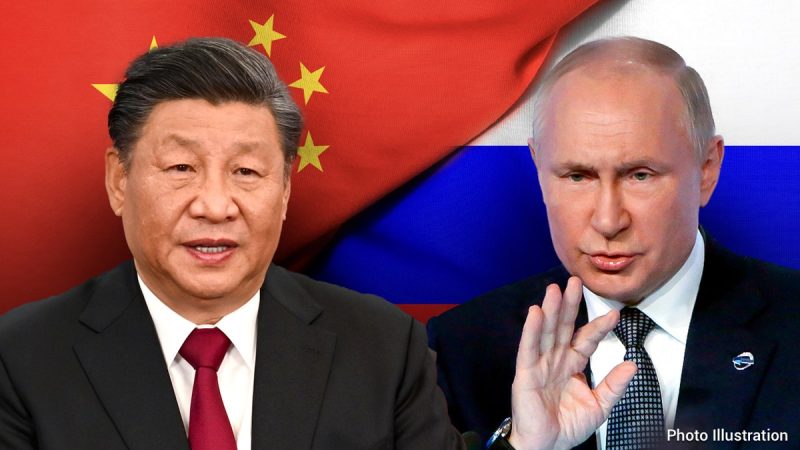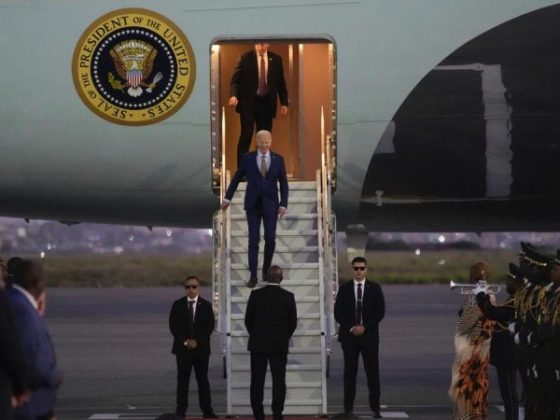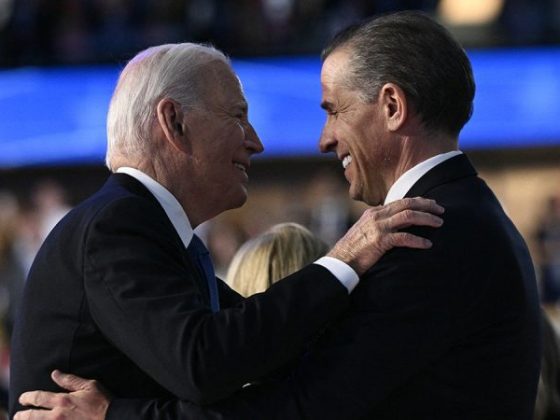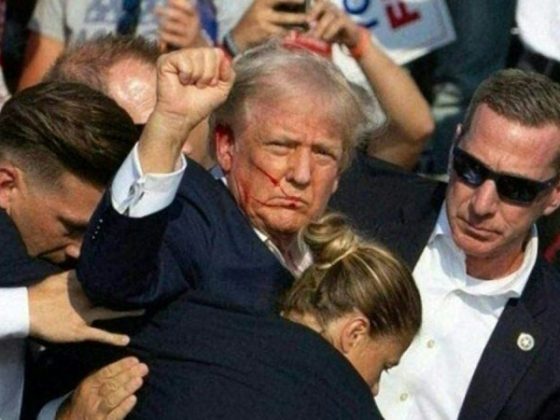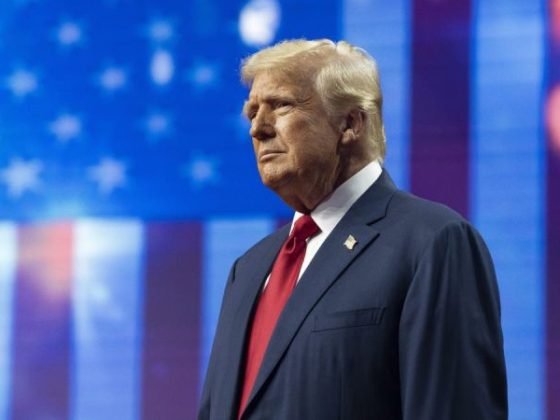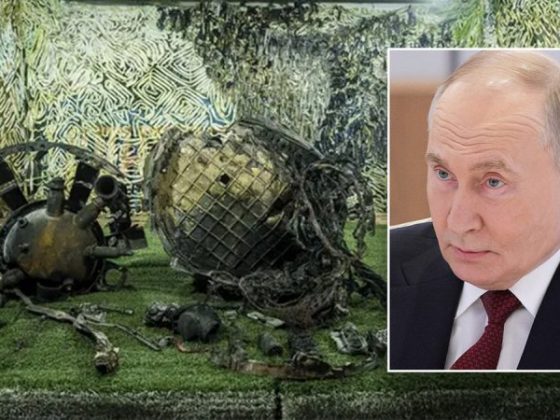Content:
US Intelligence agencies have recently disclosed concerning reports suggesting Russian interference in the forthcoming 2024 election, with the target allegedly being to aid Donald Trump. This latest development has rekindled memories of the 2016 election and highlighted the ongoing fragility of America’s electoral system.
Multiple US intelligence officers have spoken, albeit confidentially, about how Russia seems intent on leveraging different aspects of its power – including cyber operations and covert operations – to meddle in the 2024 US presidential election. The aim, they believe, is not just to create political confusion and division within the United States, but specifically to boost Trump’s chances of regaining the presidency.
The crux of these intelligence findings lies within the realm of cyber warfare, carried out by Russia’s most advanced hacking groups. It is believed by US intelligence officials that these hacking groups have potentially begun campaigns of stealing and leaking classified information — activity that was seen preceding the 2016 elections. These actions are believed to be aimed at discrediting candidates opposing Trump, thereby potentially giving him an advantage in the race.
It should be noted, though, that this evidence of possible interference is based on circumstantial information which is, primarily, pattern-focused. The intent and actions reflect historical conduct of Russia, tying back notably to the 2016 election, during which Russia was also accused of misappropriation of emails and the execution of a sophisticated disinformation campaign in favor of Trump by US intelligence agencies.
Another dimension of the interference, as suggested by various intelligence officials, is the utilization of covert operations. These could involve the use of proxies to spread disinformation and propaganda to weaken other candidates and fortify Trump’s campaign. Once again, these suspected tactics mirror those of 2016, suggesting historical precedent and pattern recognition as a large factor in these predictions.
What is also crucial to this narrative, as stated by certain officials, is the intent behind Russia’s alleged intervention. Russia seems to perceive Trump as an advantageous leader – one who they believe would serve their geopolitical interests better than his opponents. This factor, while not tangible, provides a strong motivation for the alleged interference.
Having witnessed the alleged scaling heights of cyber manipulation during the 2016 election, intelligence agencies, tech companies, and regulatory bodies are on high alert. More measures are being put in place to detect and thwart such cyber invasions and safeguard the integrity of the US electoral process.
While these assertions are derived from intelligence sources and reflect a very particular viewpoint, it is important to remember they are currently speculative and contingent on unfolding events. The ultimate proof will be whether the alleged incidents do take place in the run-up to or during the 2024 election. Verification of these statements, therefore, remains within the realm of the future, keeping both the public and authorities in a state of vigilance and anticipation.
In spite of the daunting discourse, these allegations paint a picture of the potential threats that a digitally interconnected and politically polarized world can face. They also underscore the necessity for not just the United States, but all nations, to stay vigilant and proactive in ensuring the security of their electoral processes and the preservation of democratic values.

